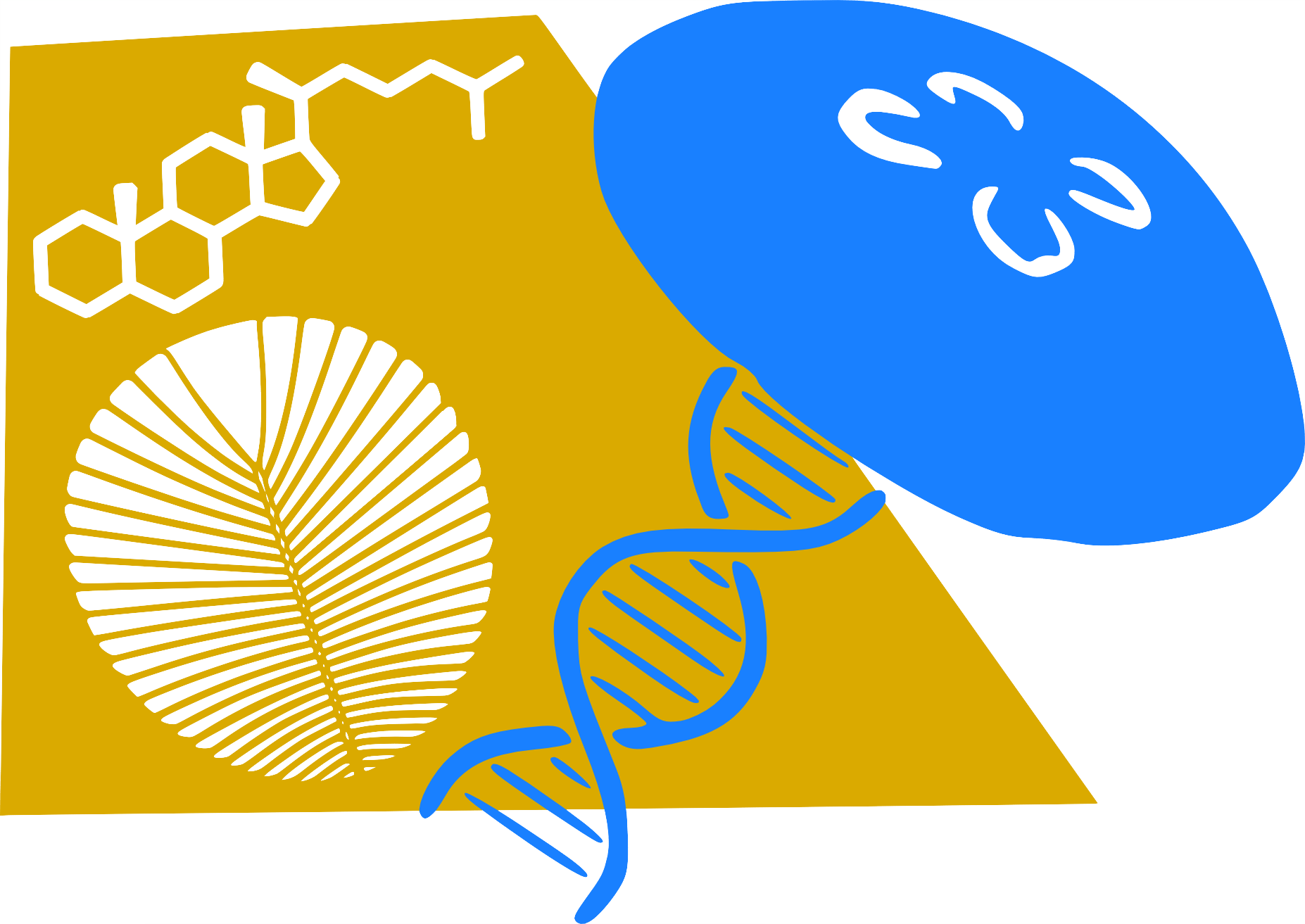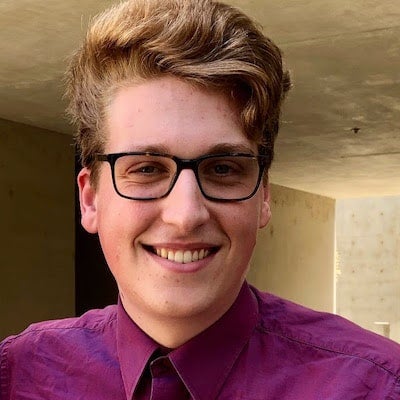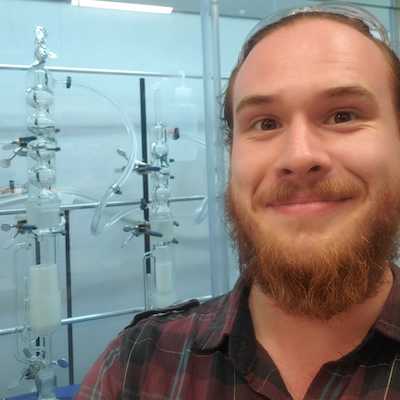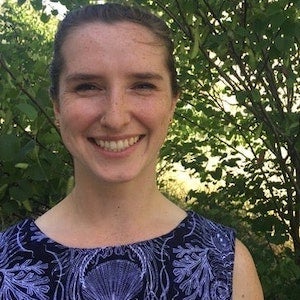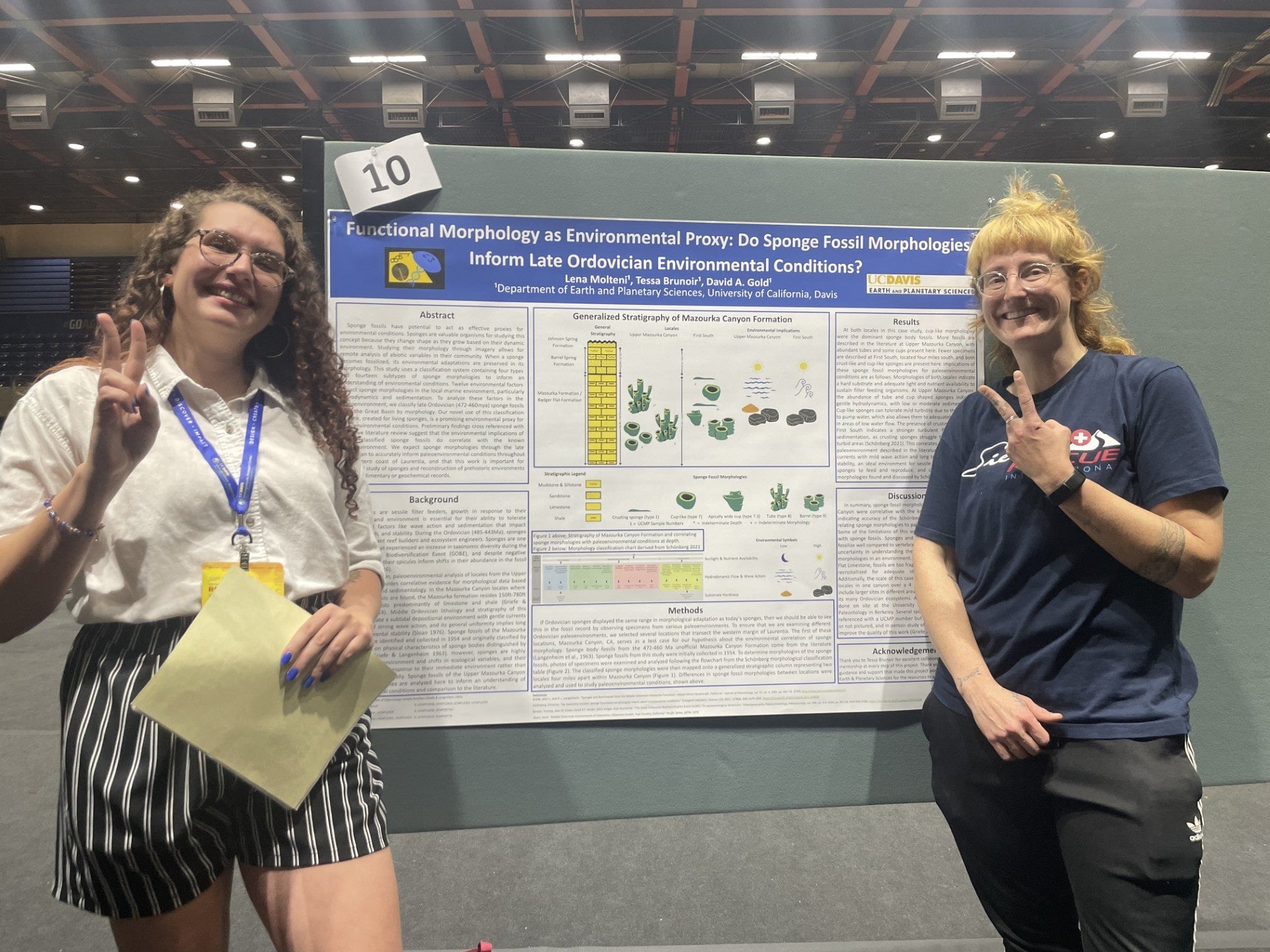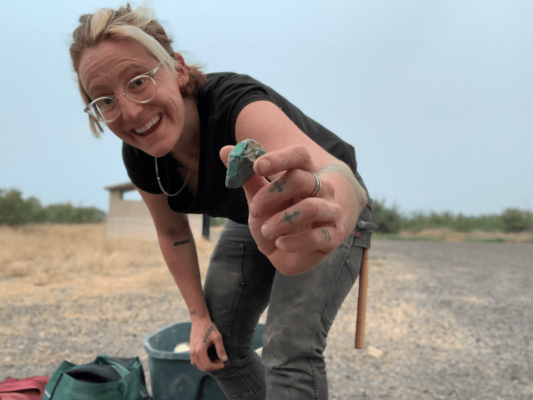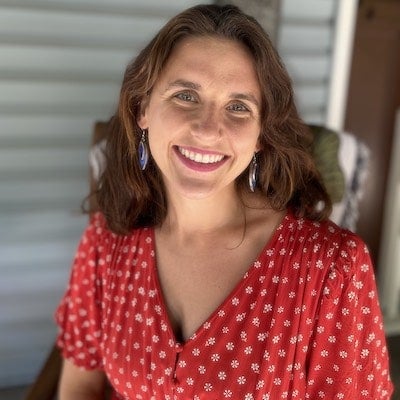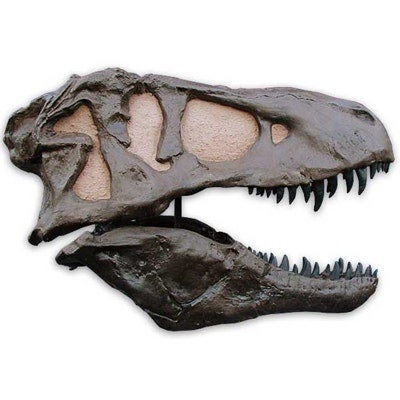Dr. Gold Selected as a Sinai and Synapses Fellow
Dr. Gold has been selected as a 2024-2026 Sinai and Synapses Fellow. The fellowship includes a select interfaith group of clergy, scientists and writers who are committed to elevating the discourse surrounding religion and science. You can find out more about it at https://sinaiandsynapses.org
Read more